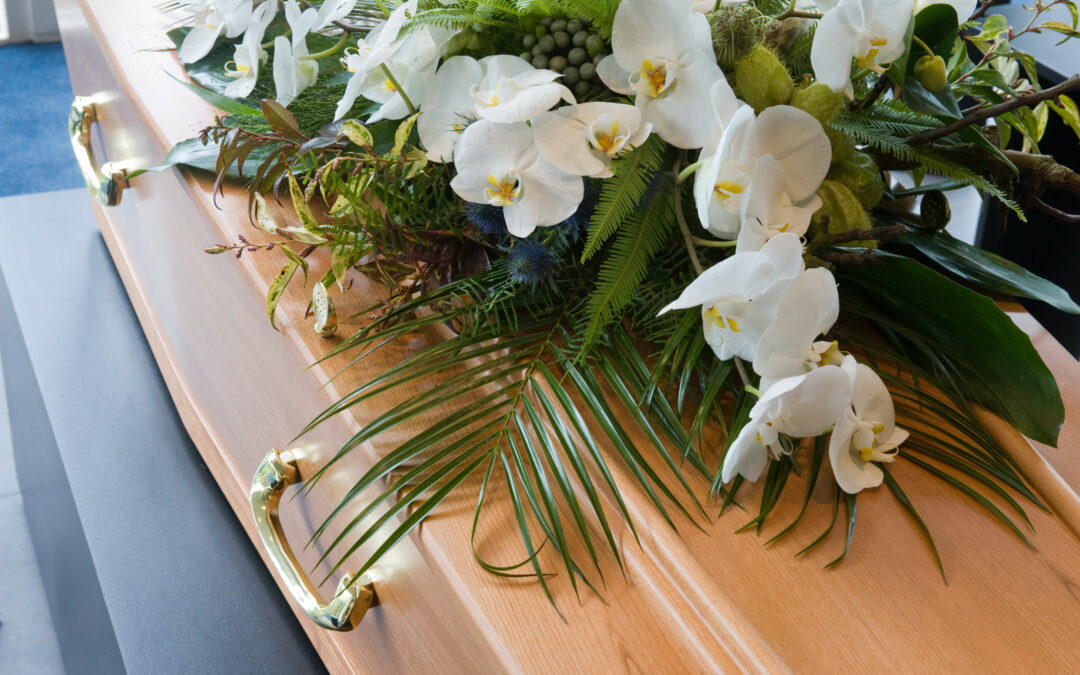March is Women’s History Month, and we want to celebrate by discussing the first female mortician in America. Women were typically in charge of caring for the dead before it became an occupation that was then taken over by men. This is due to both societal and religious expectations that were typically associated with women in the early 19th century.
When caring for the dead then became marketable, the gender that was primarily responsible shifted to men. Therefore, Henrietta Duterte taking over her husband’s undertaking business after his death became an important mark in history for women in the industry. Let’s take a look at her life and the impact she made.
Early History
Henrietta Smith Bowers Duterte was born in July 1817 to parents John Bowers and Henrietta Smith Bowers. She lived with her parents and 12 siblings in Philadelphia’s Seventh Ward. At the time, the Seventh Ward was home to many of the city’s most notable black families. If you have heard of this history before, it is probably due to W.E.B Dubois’ The Philadelphia Negro, which was a study on the prominent black community.
Prior to her now-famous history as an undertaker, she was a tailor for her family business. She sold capes, coats, and cloaks to Philadelphia’s middle and upper class citizens. In 1852, however, she married Francis Duterte, who had his own undertaking business. Her career path changed from tailor to undertaker when her husband died in 1858.
The First Female Undertaker in America
She already defied expectations when she took over her husband’s business. She defied them even further when she took the business under her name. Duterte was well known for accepting business from anyone, regardless of their race or financial status. Her undertaking business was also famous for its efficiency, which was crucial during this early era of undertaking.
By 1860, the act of caring for the dead had primarily shifted to being under a man’s control. Because of this, Duterte was the only female on McElroy’s Philadelphia City Directory, which was a listing of 63 professional morticians.
Ties With the Underground Railroad
Both Duterte and her husband were active in the abolitionist movement that was active in Philadelphia at the time. She often stowed runaways in coffins or snuck them through funeral processions to help them safely through the city.
Despite Philadelphia being an integral part of the Underground Railroad, the Fugitive Slave Law of 1850 made it so that those who were part of the movement had to act in secrecy. There were dire consequences to anyone who was caught helping slaves: each slave that you had saved could earn you six months in a federal penitentiary. Expensive fines of $1,000 (which is tens of thousands of dollars in today’s market) were also a huge risk.
Duterte learned that many white people couldn’t easily recognize Africans after a change of clothes. Her trick to avoiding getting caught was using the clothes from her family’s tailor business to disguise them in funeral processions.
The exact number of slaves that she helped escape is unknown, but the potential of even helping just one slave escape to freedom adds even more to the rich impact she had in her city at the time.








